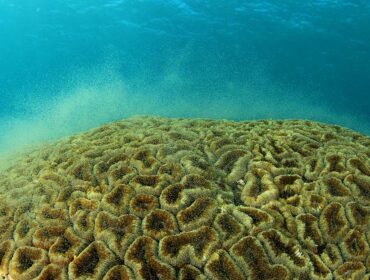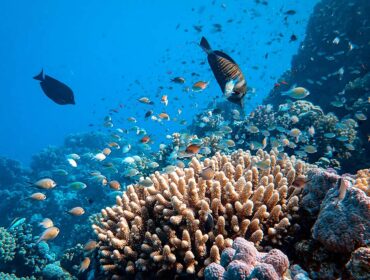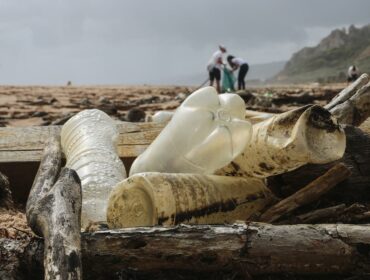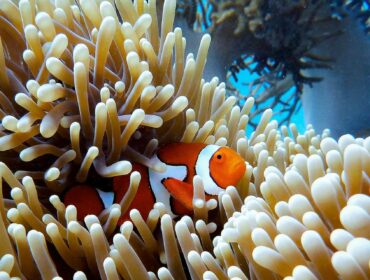With all the commotion over climate change and how to address it globally, you may have heard a term you’re unfamiliar with: ocean acidification. Whether or not you believe in climate change, changes are occurring on our planet that are undeniable.
Although the Earth has a long history of climate changes induced by nature, we are now experiencing changes that are a direct effect of human activity. Obvious damage, like an oil spill, invokes a more spirited reaction from the world because the effects are visible and widely felt. However, the fact that we can’t see all the damage happening before our eyes doesn’t invalidate the fact that it is happening. In this post, we’ll take a look at some causes of ocean acidification, and how it effects our ecosystems.
Every form of life on Earth falls somewhere on the pH scale. The pH scale was developed to determine how acidic or alkaline the planet’s structures and inhabitants are. The most acidic measure of the scale is zero, while the most alkaline is 14. Pure, de-ionized water is considered neutral at 7, and the world’s oceans currently measure 8.1. This is in comparison to the pre-industrial age, when the pH of the ocean was 8.2.
It may seem like a minor drop, but the rate at which it is dropping has accelerated since the beginning of the industrial age and continues to accelerate. This indicates our actions actually are affecting the amount of CO2 in our atmosphere, and therefore also impacting the ocean’s pH level. The ocean acts as a sink for the world’s carbon emissions, absorbing approximately one third of atmospheric carbon emissions and storing them in its depths.
Ocean ecosystems are dramatically affected when the pH dips from neutral to acidic. It is a struggle to adjust to levels of acidity their systems are not designed to handle. When carbon dioxide meets the ocean surface, a series of reactions take place to form carbonic acid, bicarbonate ions, and finally, carbonate ions.
Many species depend upon carbonate ions to form calcium carbonate, the substance that provides many invertebrates with their structural makeup. This substance is found throughout the oceans’ dissolved minerals and sediments.
Increased CO2 levels cause a rather different reaction, however, forming more bicarbonate ions than carbonate. Additional hydrogen ions increase the pH of the ocean water, making carbonate production even scarcer. In time, the organisms that require carbonate to survive begin to die off, as they do not have adequate protection in the form of a shell to survive the ocean’s harsh conditions.
The implications of carbonate loss for the ocean’s future are serious. Ocean acidity causes shell structures for many species to dissolve, while preventing formation in future generations. Mollusks, corals, and crustaceans are only a handful of species that experience the direct effects of ocean acidification. Corals cannot properly build their skeletal structures without carbonate, resulting in diminished habitat for thousands of reef species worldwide.
Algal blooms are a part of a normal ecological cycle in many parts of the world, but increased acidity increases their occurrence as well, inhibiting photosynthetic processes required by corals, kelp, and other aquatic plants.
Overfishing the world’s reefs is causing dead zones in some areas. Where marine protected areas and sanctuaries are not established, species collapse is inevitable under these conditions. Even where protections are established, policing these areas and enforcing the laws has proven problematic.
Reducing carbon emissions at this point is a process much easier talked about than done, and the world’s leaders may never come to a full accord. But as individual citizens, we owe it to ourselves and future generations to examine our own contributions to the greater carbon footprint and reduce them whenever possible.





